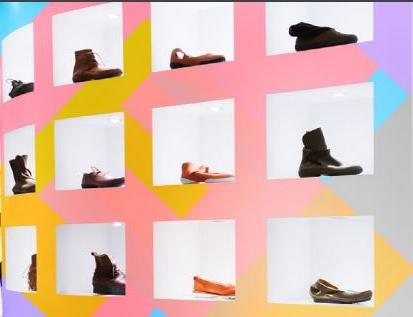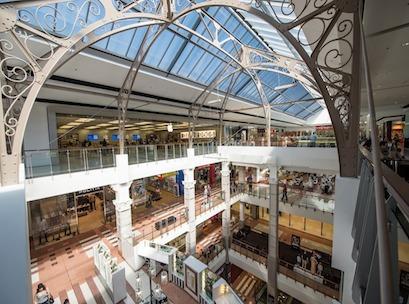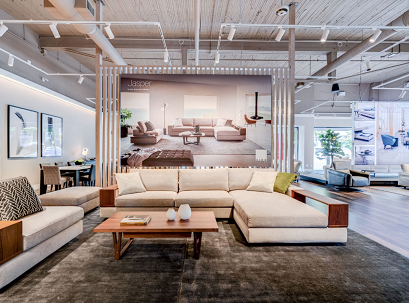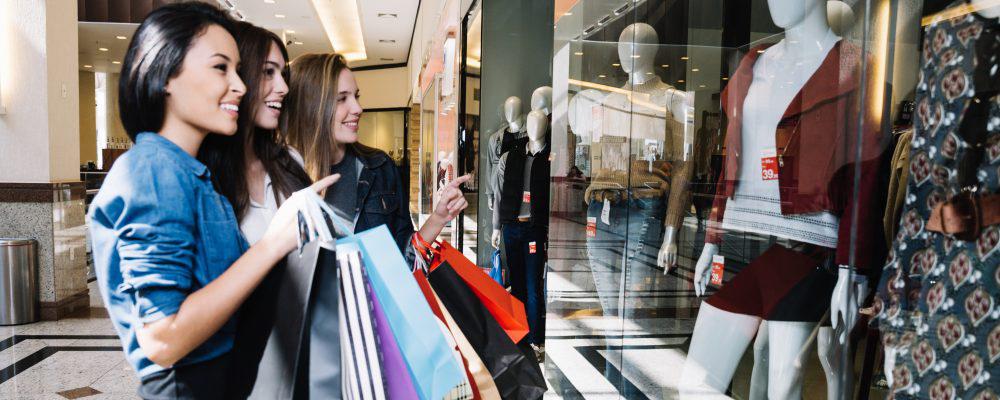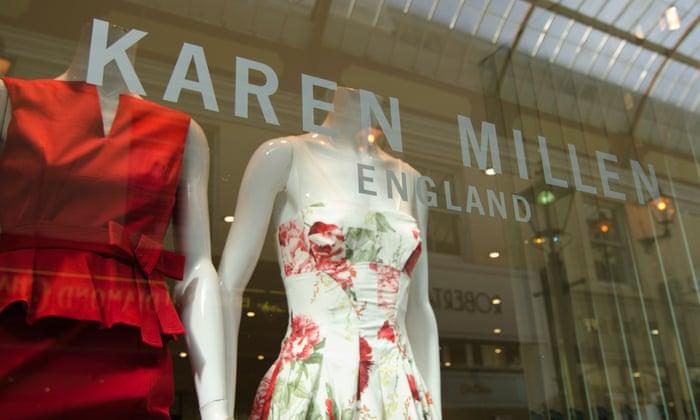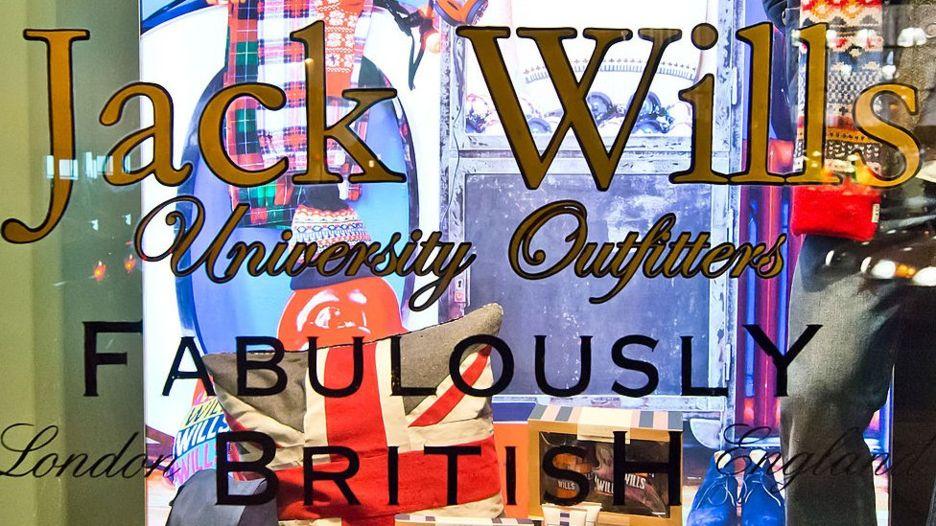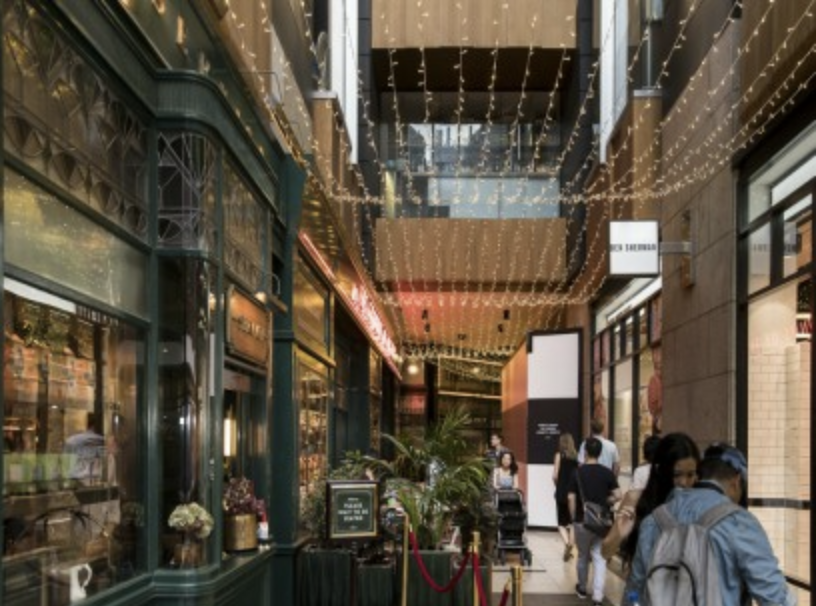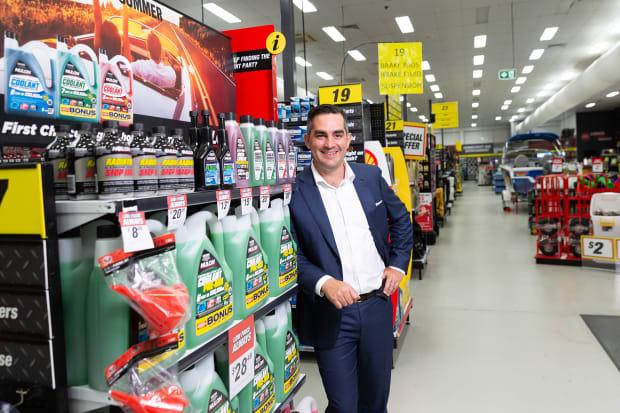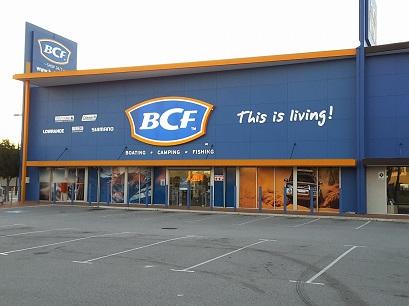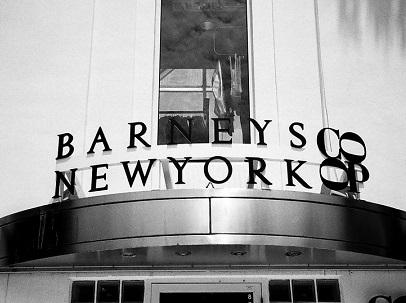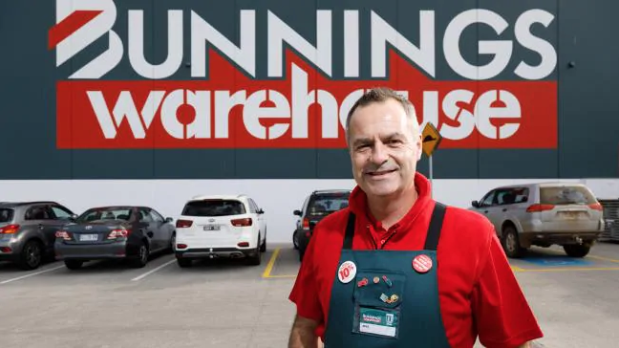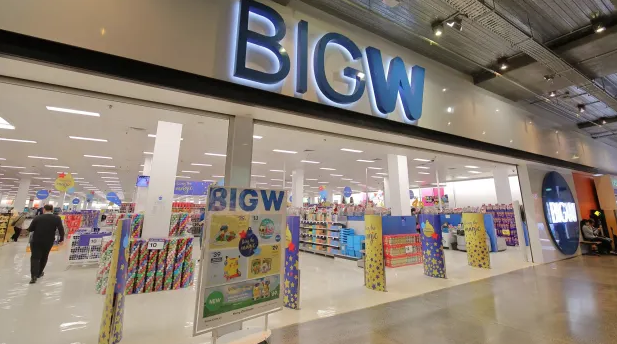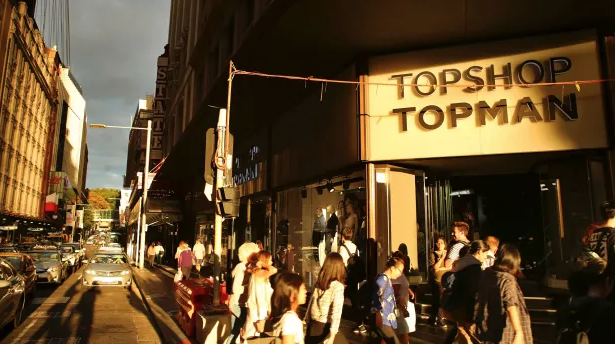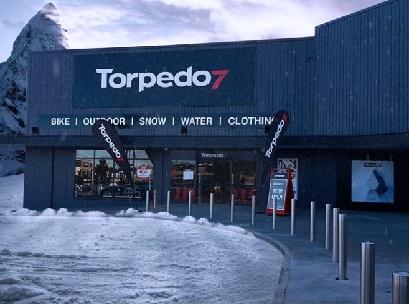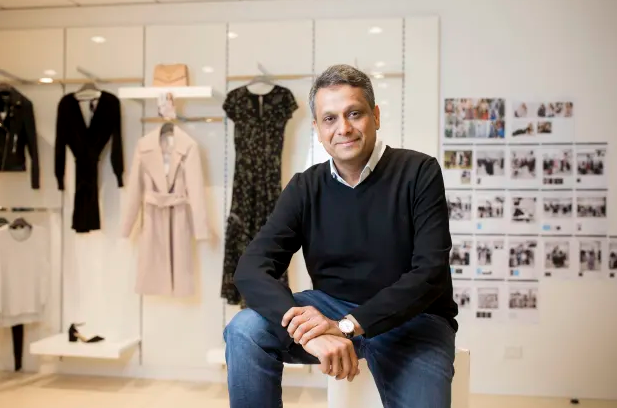
The Australian retail landscape is littered with brands that have attempted to expand overseas and failed.
Bunnings' expansion to the UK and Ireland cost Wesfarmers more than $1.7 billion in two years, OrotonGroup lost millions on a failed foray into Asia and the Middle East, Kathmandu was forced to close its stores in the UK and Country Road burned more than $30 million opening stores in the US in the 1990s.
One Australian retailer bucking the trend is Forever New, a Melbourne-based fast-fashion brand established 13 years ago by Dipendra Goenka with the backing of one of the UK's most successful apparel retailers, New Look founder Tom Singh.
After opening its first overseas store 10 years ago, Forever New now has more than 200 stores overseas and 86 in Australia.
Sales from brick and mortar stores in countries such as Canada, Singapore, China, India, South Africa and New Zealand, concessions in Bloomingdales, Robinsons in Singapore and Debenham's in the Middle East, and revenues from dedicated online stores and marketplaces now account for 40 per cent of total sales of $300 million.
Mr Goenka is aiming to increase annual sales to $500 million in three to five years and believes overseas sales will soon overtake domestic sales as the group opens stores and concessions and expands its online reach.
"We are a truly global business," said Mr Goenka, 50.
"When I envisaged the brand in my head it was always a global brand – that’s why our first overseas store opened in 2009," he said.
"Forever New has a unique product offering, it's not only relevant to the southern hemisphere, it's relevant globally. With our distinctive feminine aesthetic and focus on quality at affordable price points we really offer a point of difference and value.
Portable brand
"So our global expansion has been a lot [easier] and [more] profitable compared with anybody else who doesn’t have those elements. Our brand is very portable – you could take our brand anywhere else in the world and it will work."
It also helps that Mr Goenka has been manufacturing clothing for 30 years and supplies some of the world's largest brands including New Look, Zara-owner Inditex, Mango, Topshop, PVH Corp (the owner of Tommy Hilfiger and Calvin Klein), Esprit and Guess.
Mr Goenka is the founder and chairman of Hangzhou-based textiles company Indochine International, which has more than a dozen factories in China, Bangladesh, Cambodia, Sri Lanka and Ethiopia.
Interestingly, his factories do not supply Forever New.
Forever New is not a fully vertically integrated retailer but sources from several suppliers in China and south-east Asia, designing separate ranges for the southern and northern hemispheres to overcome reverse seasonality challenges and emulating global retailers such as Zara and H&M by dropping new stock into stores every week.
"We don't use any of my own factories, just to distinguish and have the two businesses quite separate." Mr Goenka said.
"My manufacturing business is more for volume retailers ... Forever New's quality requirements are a lot better so we use different suppliers around the globe.
Quality and fit
"But obviously my supply experience of 30 years helps. We are agile, we source at the right cost, we make sure quality and fit is of paramount importance.
"I have a very talented team (including 25 designers based in Melbourne) and we really stick to our brand and our uniqueness. We stand for who we are and that’s why we look different."
According to ASIC records, Forever New sales rose 11 per cent in 2018 to $298 million, fuelled by stronger same-store sales in Australia and new stores overseas.
After a brand refresh late last year, when Forever New launched a new e-commerce platform, loyalty program and new store design, sales are growing between 5 per cent and 8 per cent despite the weak Australian retail sector.
The growth also comes despite Forever New being in competition with some of the biggest names in Australian retail such as Myer, David Jones and Premier Investment-owned brands Dotti and Portmans.
"We are doing nicely in Australia and wherever the growth comes along in Australia we are expanding," he said. "But Australia is going through a slow cycle and people are generally spending less on clothing."
Forever New is 50 per cent owned by Mr Goenka and 50 per cent by Mr Singh through his private investment vehicle, Rianta Capital.
Last October the company converted $100 million of related party loans into equity, significantly strengthening the balance sheet.
"The balance sheet looks stronger to the banks and other people as we look at global expansion," Mr Goenka said.
Despite his 30 years in the apparel industry, connections with some of the world's biggest retailers and the global success of Forever New, Mr Goenka has managed to stay below the radar.
"That's how I like it," said the father of two. "We’re quietly doing our own business without making too much noise – that’s probably the best thing my grandfather [BK Goenka] taught me."
After graduating with a degree in computer engineering from University of Southern California, Mr Goenka returned to India but was more interested in fashion than joining the family's sprawling industrial empire.
"In India and south-east Asia it's who you know and how you know and those things matter more than your own calibre and what you can do," he said. "I didn’t want to be any part of that. I really wanted to stand on my own two feet."
Gap in market
He started a manufacturing business in Bombay with a $US20,000 bank loan and, after moving to Melbourne in 2000, spotted a gap in the market for an affordable feminine fashion brand.
Mr Goenka said the company had no plans for an initial public offering or sale.
"We're getting really good global growth so right now the intention of mine and Rianta's is to focus on growth. We haven't really discussed a change in our ownership structure," he said.
"But in three to five years, who knows. We'll look at options but right now the focus is really on growing the business. Being privately owned is an advantage – we can really focus on investing and growing the business for the long term."
